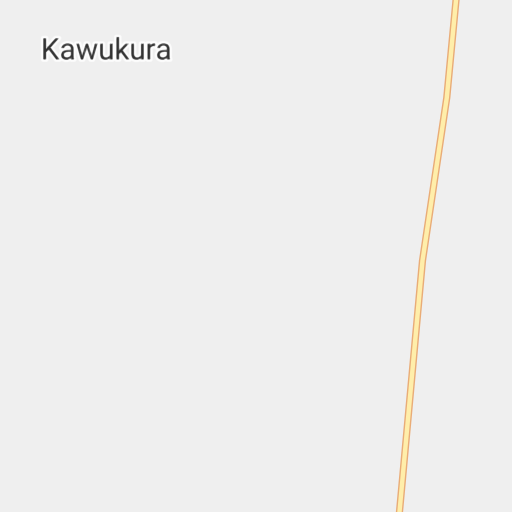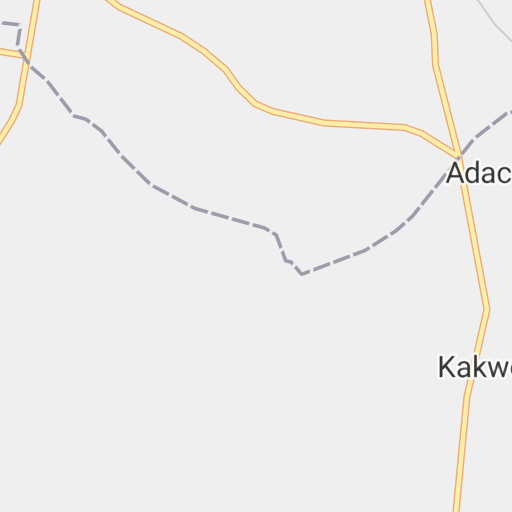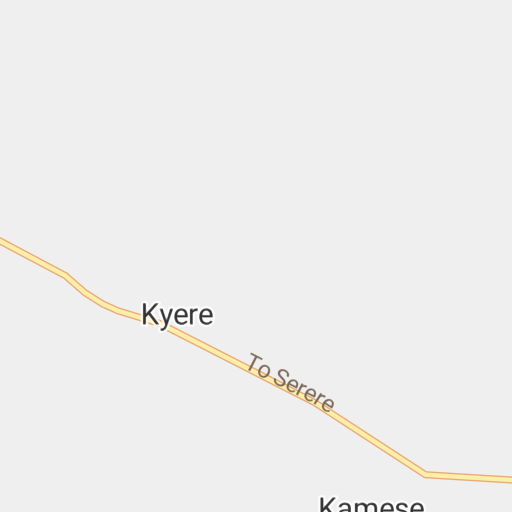Akuja
The Clava cairn is a type of Bronze Age circular chamber tomb cairn, named after the group of three cairns at Balnuaran of Clava, to the east of Inverness in Scotland. There are about 50 cairns of this type in an area round about Inverness. They fall into two sub-types, one typically consisting of a corbelled passage grave with a single burial chamber linked to the entrance by a short passage and covered with a cairn of stones, with the entrances oriented south west towards midwinter sunset. In the other sub-type an annular ring cairn encloses an apparently unroofed area with no formal means of access from the outside. In both sub-types a stone circle surrounds the whole tomb and a kerb often runs around the cairn. The heights of the standing stones vary in height so that the tallest fringe the entrance (oriented south west) and the shortest are directly opposite it.
When Clava-type tombs still contained burial remains, only one or two bodies appear to have been buried in each, and the lack of access to the second sub-type suggests that there was no intention of re-visiting the dead or communally adding future burials as had been the case with Neolithic cairn tombs.
https://ja.wikipedia.org/wiki/Clava cairn
















